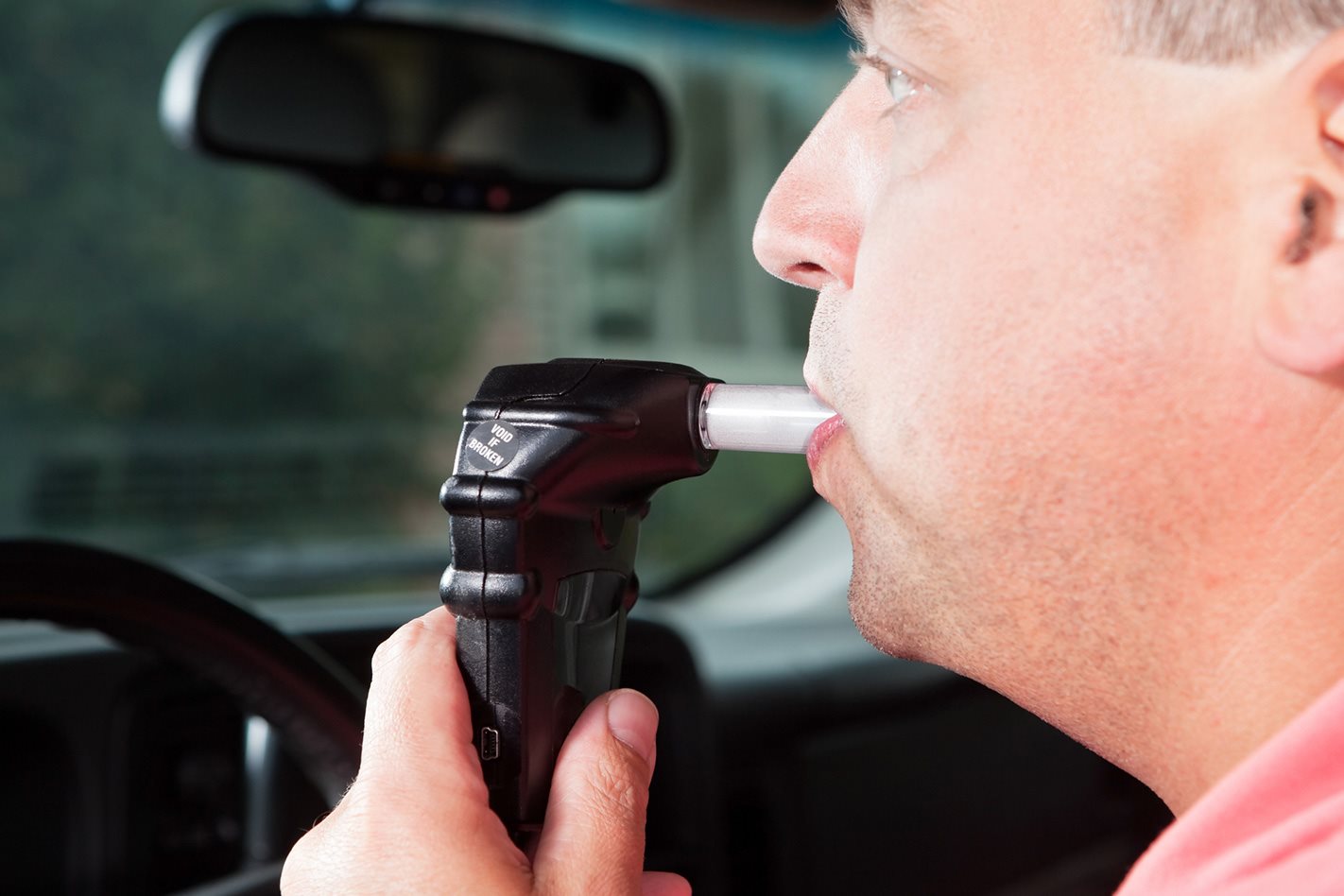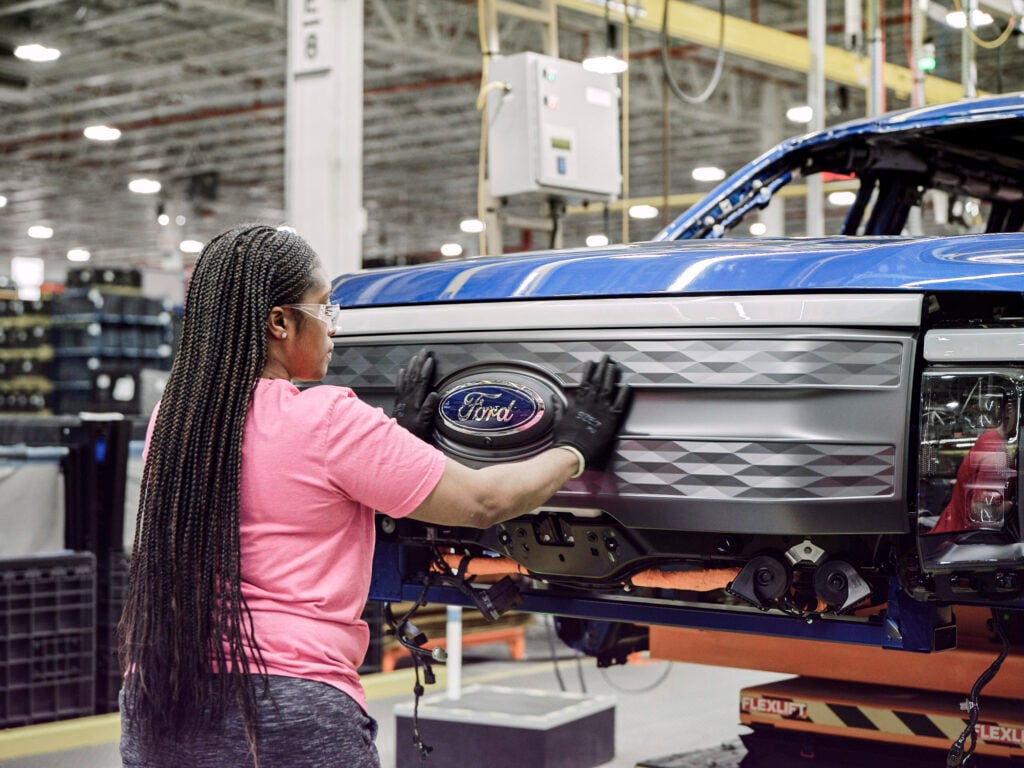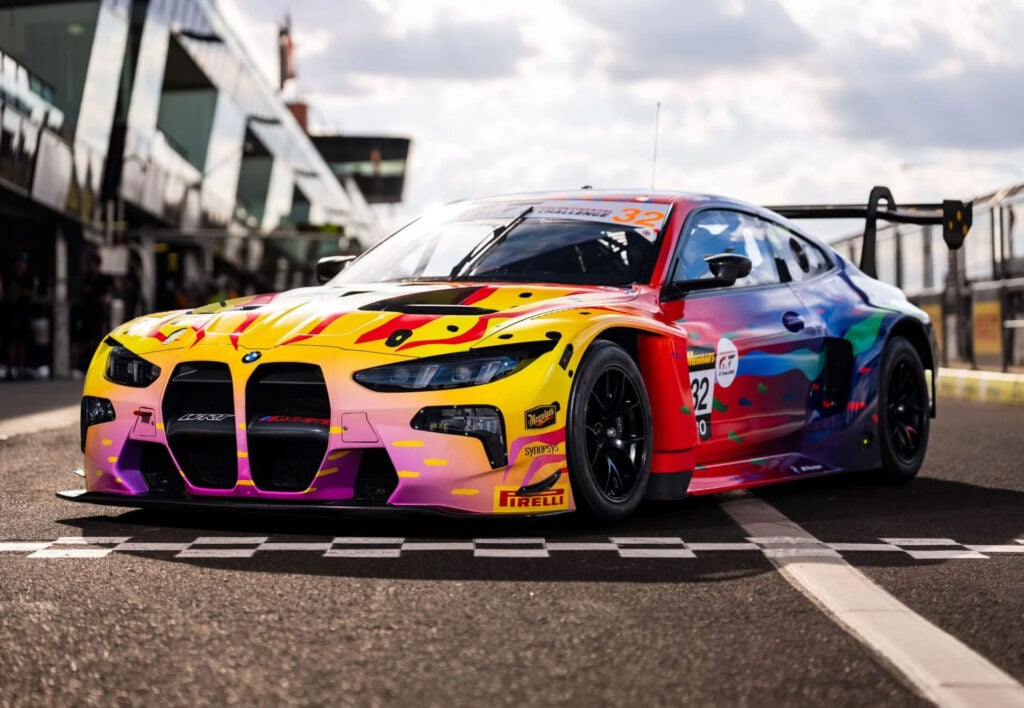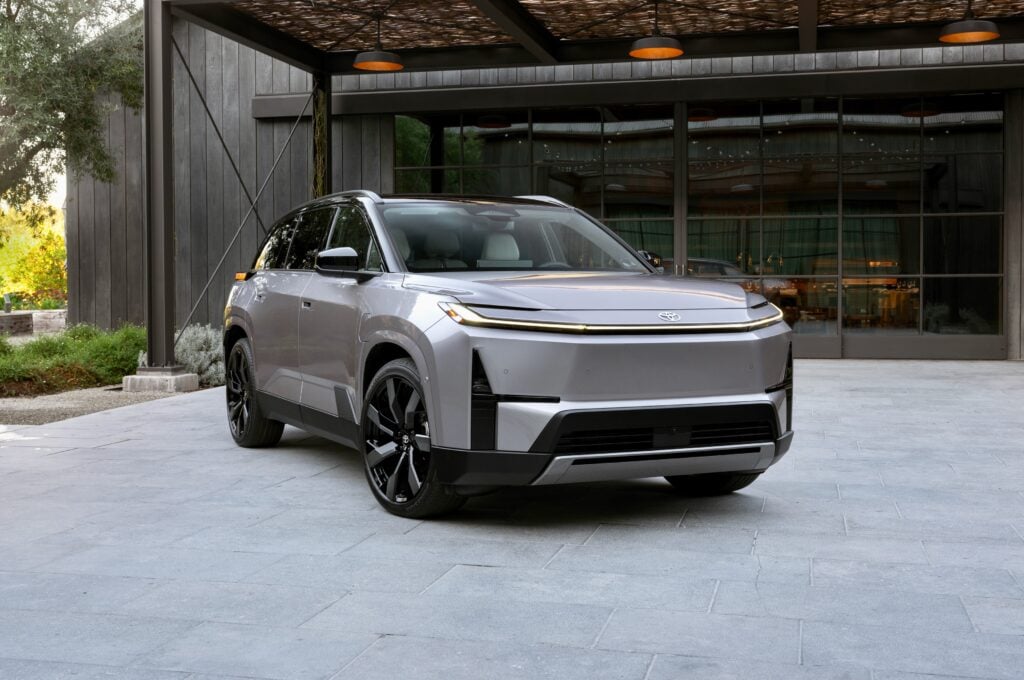Australia is encouraging the introduction of passive drug and alcohol detectors that will likely become compulsory safety devices fitted to every new car sold.
Wheels previously broke the news that speed limiters are on the agenda to be introduced as mandatory safety systems – like electronic stability control is now – in Australian new cars by 2025, and alcohol and drug analysers are likely part of the new guidelines.
As with speed limiters, passive alcohol and drug detectors are devices listed by the United Nations in its guidelines for compulsory safety devices fitted to new cars.
Adopting those rules, the European Union has already confirmed that new cars sold from May 2022 must conform to the same guidelines. Australia, which forms part of the UN working group, will enforce most of the same requirements.
Speaking with Wheels, TAC (Transport Road Commission) lead director for road safety Samantha Cockfield, said that the technology was close to being fitted to cars and that “definitely we will see a day when that technology will be standard in vehicles.”
Though the bevy of new safety devices coming to vehicles will restrict driving freedoms, drug and alcohol detectors could save almost a quarter of drivers from the annual road toll.
“Unfortunately, alcohol remains a major problem [of the road toll] with between 15 and 25 percent of our driver fatalities each year from drivers being under the influence of alcohol,” said Cockfield.
“And unfortunately, what we are now seeing is drugs are taking over alcohol in driver fatalities, and sometimes we have a dual-problem happening now and there is the dual effect.”
How the technology works is sensors mounted to the driver’s side door and/or the steering wheel use infrared light to analyse the carbon dioxide and ethanol molecules from the driver’s breath. It is reported to be positional and unaffected by other potentially intoxicated passengers in the cabin.
“Again, this technology has a huge part to play, the first technologies we’ll see are passive systems like passive alcohol and drug interlock systems so they will be within the car and they will be able to test if you’ve got any alcohol on your breath,” added Cockfield.
“Basically, [they] take a sample and see how much alcohol there is. Potentially with drugs [testing] that might be more dermal. So a sensor pad.”
The sensor pads Cockfield mentions are on the steering wheel and can determine the presence of drugs via the skin. Another technology uses infrared light projected through the ignition button that can measure alcohol when the driver starts the car – presumably easily bypassed by using gloves or a stick. Though if a driver is breaking the law by bypassing these systems while under the influence of drugs, Cockfield says that better driverless vehicle autonomy could be a lifesaver.
“The technology they are working on, particularly in the US on that dermal sensor, I think that is probably going to be the first thing [we introduce]. But then again this is where we get more autonomy in the car because it actually compensates for people in the car. What we find with people with a lot of alcohol in their system is they actually fall asleep.”
So how far away are drug and alcohol detectors from Australian cars? Cockfield says that they are already testing them: “We are in this current Towards Zero [TAC road toll] strategy, trialing what we call passive alcohol sensors – they are not interlock sensors at this point and it is basically seeing whether you can take the cabin air from around the driver only and isolate that to breath test people.
“One of the issues is people will only accept the technology if it is seamless and doesn’t interrupt the driving experience, and right now the interlock system for those that offended are excellent and they work incredibly well and we know they are very effective.
“Yes, definitely we will see a day when that technology will be standard in vehicles and I think if you look at Volvo internationally, I think they’ve talked about those kinds of technologies being integrated quite soon.”






